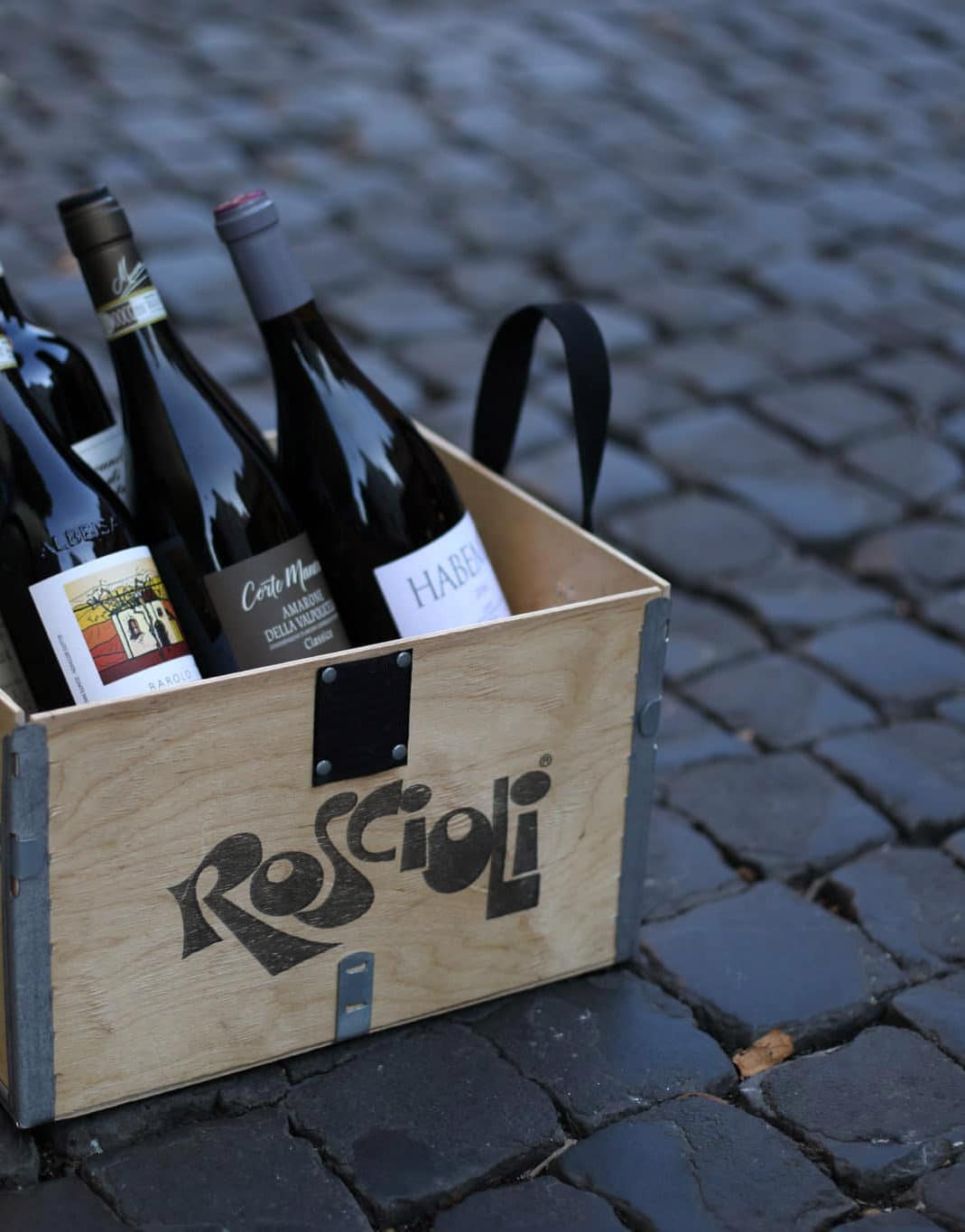Valpolicella 2019, Musella
Grape
Corvina & Corvinone 85%, Rondinella 10%, Barbera 5%
Drinking Window
Ready or drink by 2026
Region
Pairings
Great with pepperoni pizza, pasta with beans, chicken, grilled veggies, braised beef, or game, such as pheasant and mushrooms.
Regional Recipe
Winemaker Notes
The biodynamic method is key to the success of the Musella winery in northern Veneto, allowing their agricultural practices to be in tune with nature and the land. Synthetic mineral fertilizers and chemical pesticides have been abolished, with the soil managed in a way that promotes fertility and vitality while sustained natural plant and animal species.
The mix of Corvina and Corvinone grapes, with some Rondinella and Barbera, are grown in calcareous soil with red clay and tufo on guyot-trained vines for this Valpolicella 2019.
The Story
Usually if you have the unfortunate idea of telling me that you like Amarone, I will more or less explicitly start insulting you. Explaining to you that it is ontologically wrong, the result of a fermentation error. A dry wine made from raisins, a contradiction in terms.
Remaining in the shadows for years, as a cheap version of Recioto, Amarone had an unexpected fortune in the 80s and 90s when the hangover of mass production had reduced the wine to a cloying jam, to a fruit concentrate - ripe, if not rotten. A dictatorship of homologated taste that reduced our senses and our palate to an abandoned parking lot for predictable and prepackaged tastes.
Then one day... because this is how it happens in the stories with the final moral, my colleague Gaetano, who I could consider my master of cultural snobbery, asks me: but have you tasted the Amarone of Musella?
Gaetano telling me to taste an Amarone is like Mozart recommending the latest Kanye West record. The fact is so striking that it cannot fail to intrigue me. Gaetano explains that Musella has decided to reverse the course. To make less concentrated wines, converting everything into biodynamics with spontaneous fermentations and lighter macerations, without working on the concentration of the fruit, but on elegance and territoriality.
So I find myself in front of an epiphanic and surprising Amarone, capable of undermining my idea of taste and prejudice. I understand that I'm doing everything wrong. That prejudice affects our ability to interact with the world, things and people. That changing your mind is a lysergic experience, which I will never comment on with violence and arrogance, censoring it, the taste of any person of any historical and cultural origin. That there is nothing certain and definite in what we are given to experience. At first it is disorienting, it can be scary, but then the liberation is total.
The secret of happiness lies in being able to live peacefully with one's own contradictions, dissolving them in the uncertainty of a surprising glass of Amarone like this Valpolicella 2019.
 SEI IN ITALIA? CLICCA QUI
SEI IN ITALIA? CLICCA QUI 
